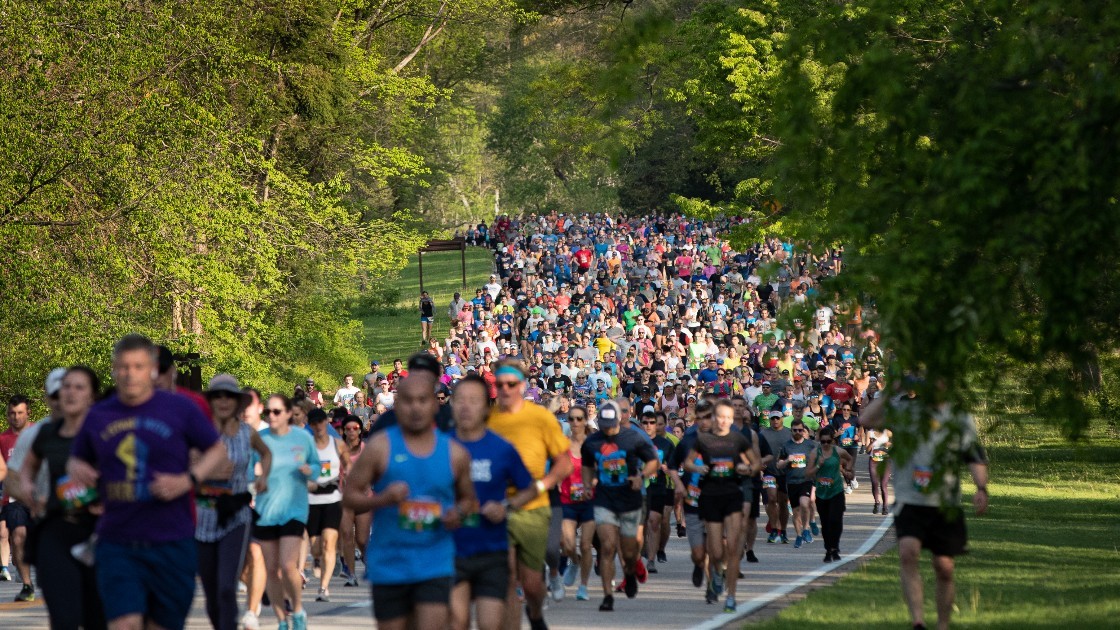Winds reaching 20 mph, below-freezing temperatures and even the Blizzard of 2016 did not scare some avid runners into moving their workouts indoors.
But with more blistering conditions predicted to hit the Washington area this weekend, is it safe for residents to hit the trails amid snow and ice?
Here are the answers to some winter weather workout questions:
Is it ever too cold to exercise?
No -- according to the American College of Sports Medicine. But it can be uncomfortable, and in severe cold athletes who want to hike Rock Creek Park or jog around the National Mall should take the proper precautions.
Is there a time when I should stay inside?
According to the National Weather Service, frostbite can occur within 30 minutes at wind-chill temperatures that fall below -18 degrees Fahrenheit. In that case, heading to the gym or dusting off the treadmill in the basement may be a good alternative.
Local
Washington, D.C., Maryland and Virginia local news, events and information
How can I prepare for dangers of the cold?
Before bracing the cold, you should check for temperature, wind chill factor and moisture level in the air. Freezing temps accompanied by wind and moisture can increase your chances of getting frostbite or hypothermia.
What is the difference between frostbite and hypothermia?
Both frostbite and hypothermia are cold-related hazards, but have different signs and symptoms. Frostbite is localized freezing of the fingers, toes and ears, whereas hypothermia occurs when the body temperature is dangerously low.
How should I protect myself against frostbite?
Don't forget your fleece beanie or headband to keep your ears warm, and bring mittens instead of gloves on your next run. Mittens have less surface area than gloves, so you get more insulation and stay warmer longer.
What kind of clothes should I wear to work out?
When preparing for a run outdoors, you should wear a long-sleeved track suit or lightweight fabrics with thermal insulation. You don't have to wear a lot of layers to stay warm. You can just throw on a wind-resistant jacket or something light that you can shed as your body temperature begins to rise.
How does cold-weather exercise affect the heart and lungs?
If you have a coronary artery disease (CAD) or bronchial asthma, the exercising outdoors may exacerbate your symptoms.
According to the American Heart Association, patients with CAD can experience aggravated chest pain if exposed to the cold for long periods of time.
Any tips for training for the marathon or other long-distance competitions?
Intense, prolonged exercise in the cold can put people at risk for a condition known as "thermoregulatory fatigue," which hinders our shivering and vasoconstrictor responses to cold weather.
Shivering is the body's first line of defense against the cold, as it slows the rate of heat loss when core body temperature drops.
If you are training for the Boston Marathon in April or enjoy running long distances, just make sure to stay hydrated and wear appropriate clothing.



